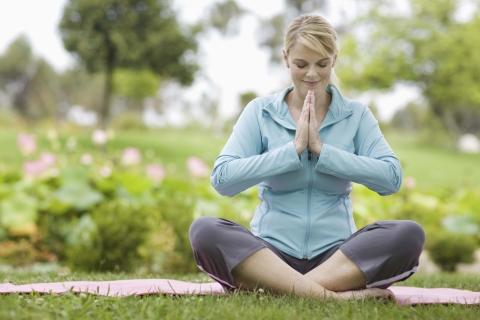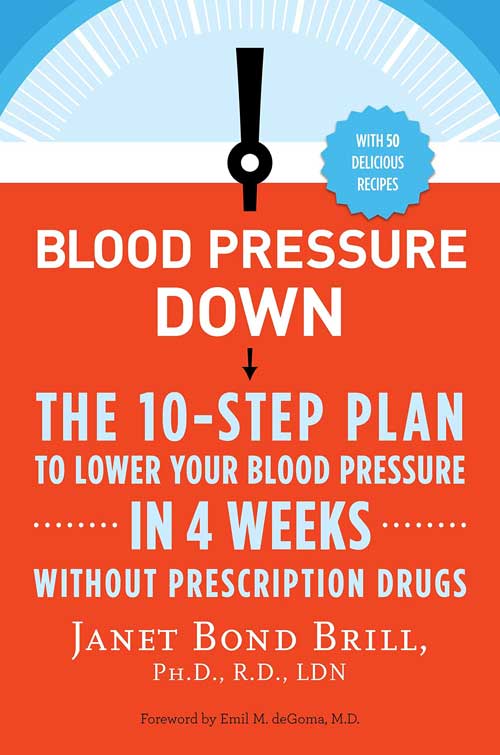By


The science is clear: chronic stress is a leading cause of high blood pressure and is highly damaging to the body. Yes, stress will always be a part of daily life. But when excessive stress over an extended period of time is combined with poor coping strategies, it can lead to disease and even death if left unchecked. For example, multiple large-scale studies have shown that individuals who report high levels of mental stress have nearly twice the risk of fatal strokes than those with low stress levels.
Research is just beginning to unlock the complex relationship between chronic stress and the development of high blood pressure and other cardiovascular diseases, but the good news is that practicing simple relaxation strategies can calm your physiology, de-stress your mind and quickly reverse your “fight or flight” response to prevent the deleterious effects of chronic stress on your arteries. Read on and learn how easy it is to put a damper on your stress response–a simple and effective first line of defence against the silent killer hypertension.
Try daily relaxation therapy–the antidote to the stress response. Practicing relaxation techniques has been shown to tame the sympathetic nervous system and lead to a reduction in blood pressure. Relaxation lifestyle treatments fall under four general categories:
(1) physical techniques such as yoga, breathing exercises, and progressive muscle relaxation
(2) biofeedback (a method that uses the mind to control involuntary bodily functions such as blood pressure)
(3) autogenic training relaxation techniques (a technique that teaches your body to respond to verbal cues to relax and control breathing)
(4) cognitive/behavioral therapy such as guided imagery, talk therapy, and meditation.
Dr. Janet”‘s Advice
Try Tai Chi. Tai Chi is a type of exercise derived from Chinese martial arts. The focus is on slow, rhythmic movements, used to create a state of mental clarity and well-being
- Try yoga. Yoga is a popular ancient spiritual art form of Indian culture. Yoga involves breathing exercises as well as rhythmic movement.
- Try meditation. Another ancient technique proven to quiet the mind, meditation slows the brain waves and cuts your pressure.
- Try guided imagery. Guided imagery involves tapping into happy memories and using the mind to create visual scenes of peaceful places where you concentrate on the scene to make it seem as if you are really there. (See the Appendix for a quick series of simple directions for practicing guided imagery.)
- Listen to calming music. Peaceful music can impact the subconscious, slowing brain waves and leading to relaxed states.
- Try relaxation breathing. Try closing your eyes and focusing solely on your breath. Breathe very deeply and aim to gradually slow down to 6 cycles per minute. (Normal breathing is about 12 breaths per minute.) Perform these breathing exercises for just 10 minutes a day as deep breathing exercises can effectively alter the activity of the nervous system, lowering your heart rate and blood pressure.
It”‘s springtime–time to enjoy this warm, lush and fresh season of rebirth. Take just ten minutes a day to relax, de-stress and enjoy life. This simple task can become a daily treat that will enable you to enjoy a more peaceful existence.
Best of Health,
Dr. Janet











